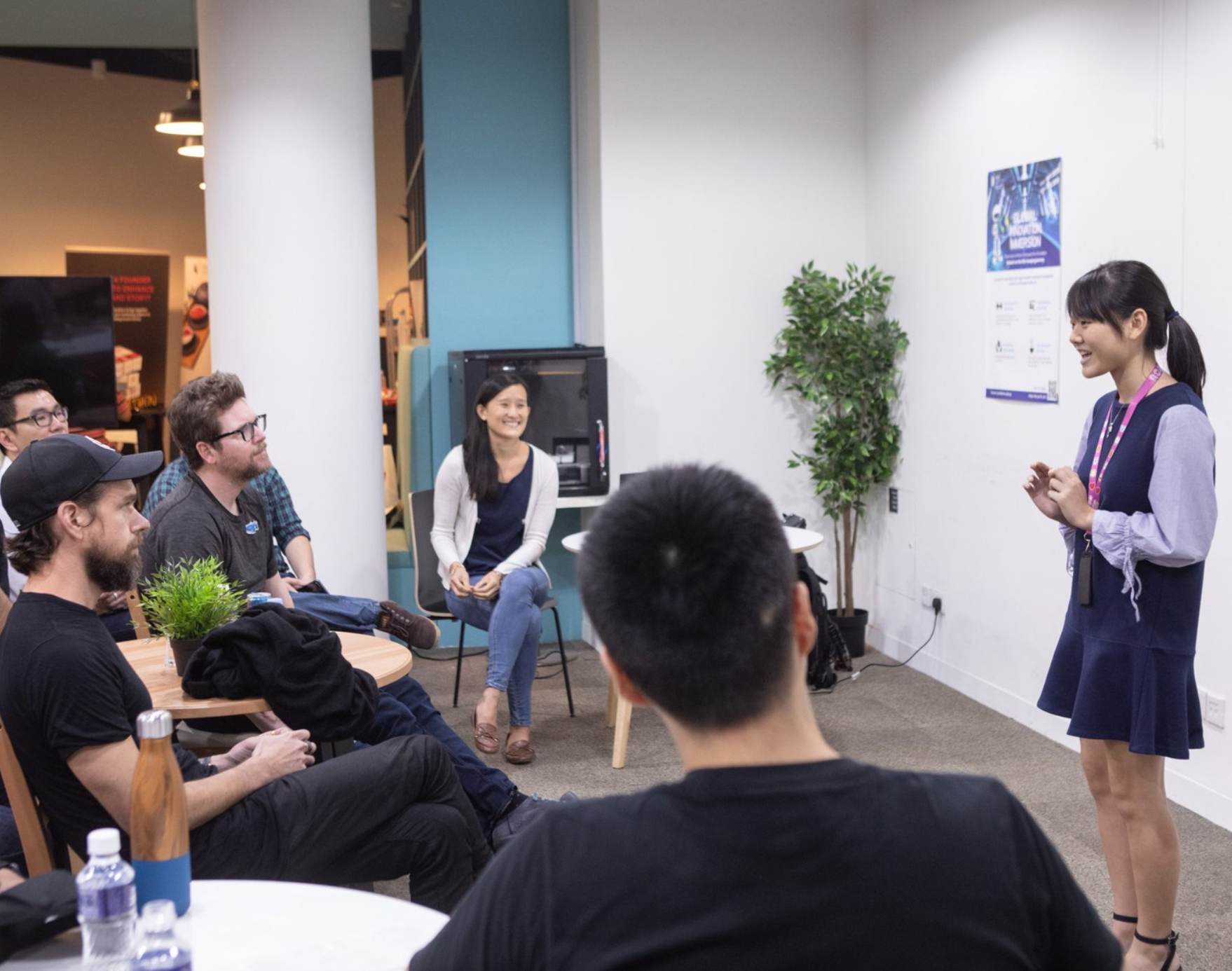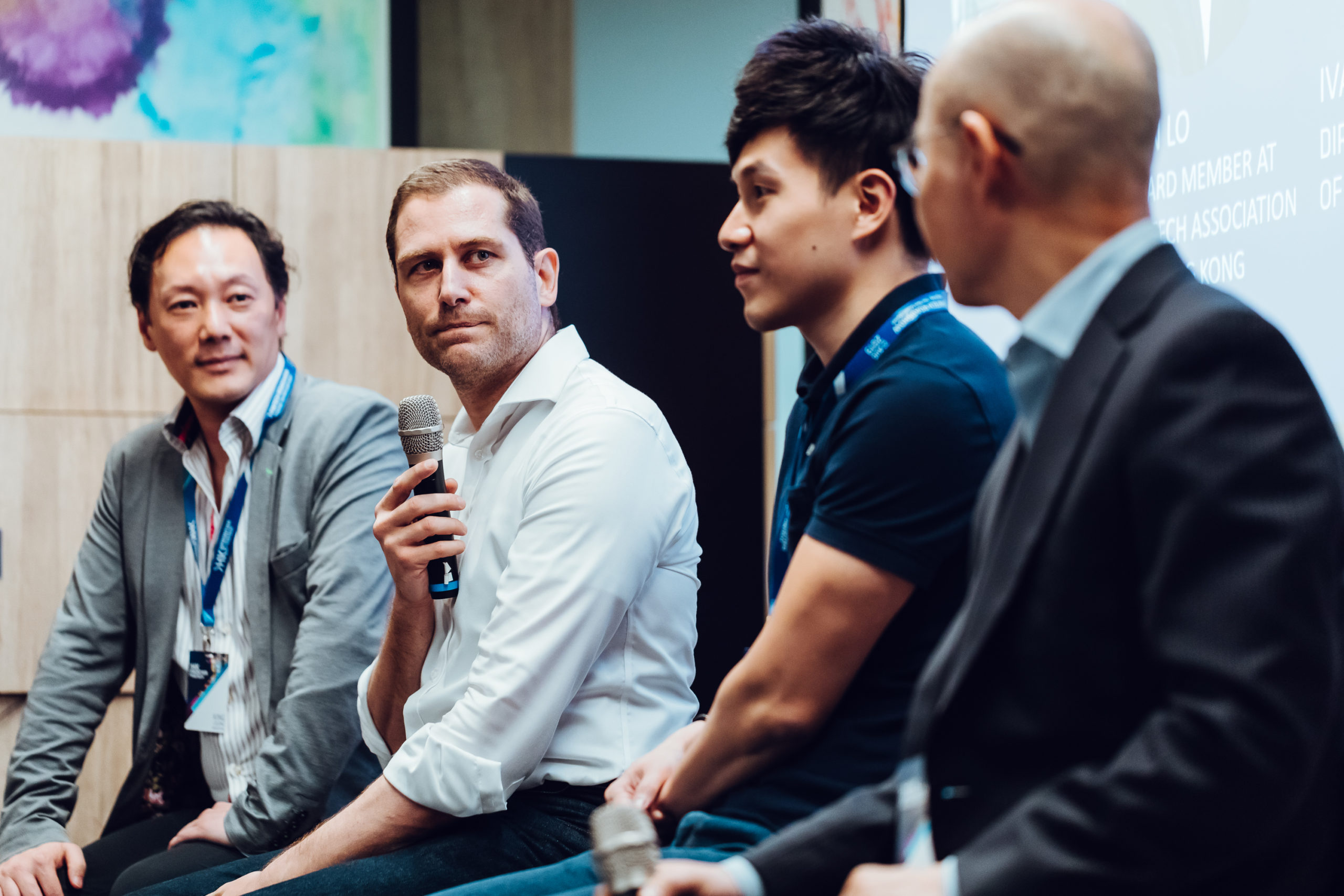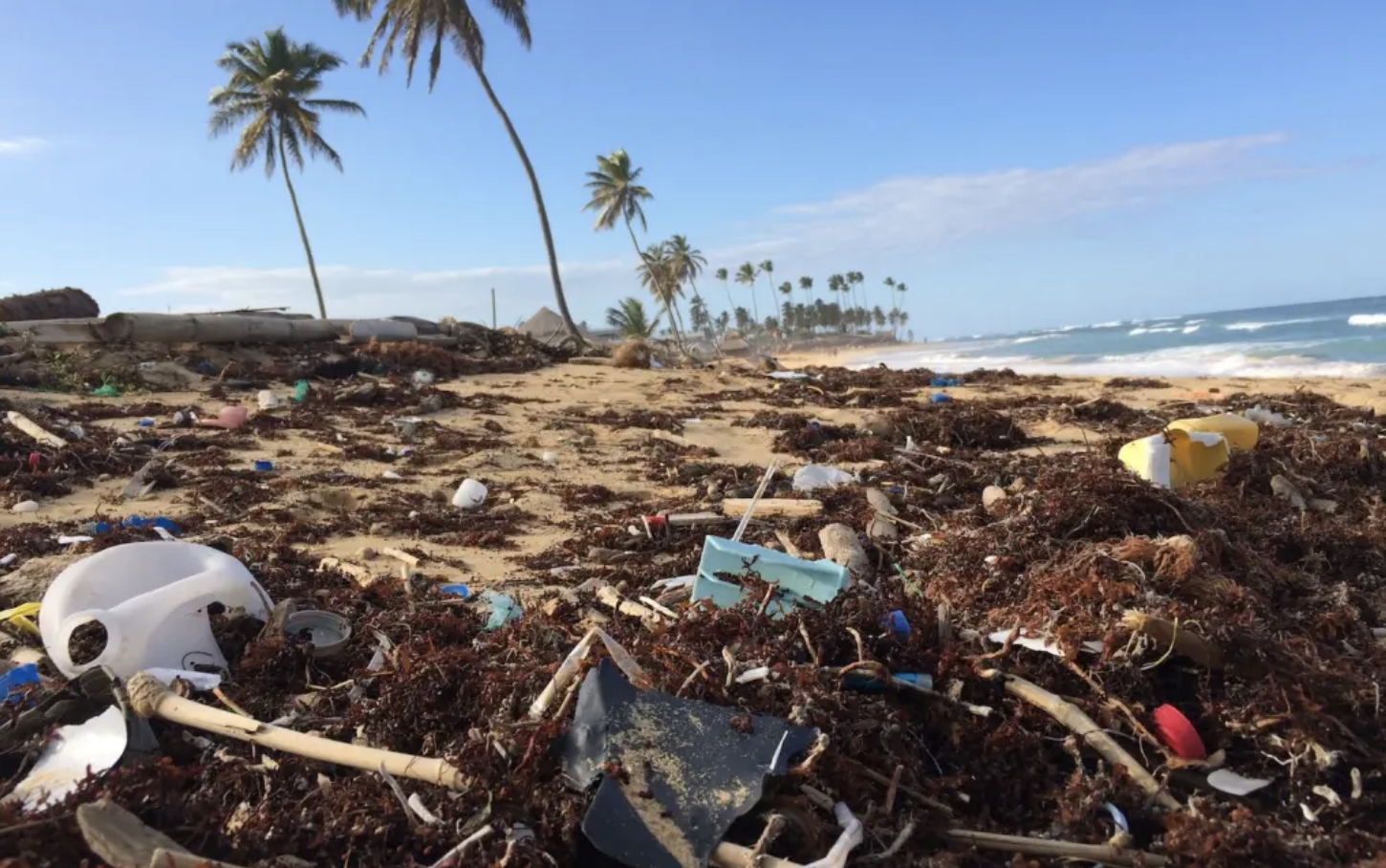After undertaking various market research initiatives, Neo Kang Wei and his peers who were undergraduates at the National University of Singapore (NUS) then, know very well the pain points of today’s research industry. On top of tedious administrative processes, cumbersome and expensive participant recruitment methods render traditional methods of research recruitment highly inefficient.
This is the main problem ReSieve tries to solve. With their matching algorithm that seamlessly connects participants with researchers and vice versa, ReSieve ensures participants are funnelled only to research studies relevant to them while researchers collect quality data from the right target group. Playing the role of the middleman between participants and researchers, two integral demographics of the otherwise fragmented research industry, ReSieve intends to empower the next generation of innovation while providing an avenue for gig workers to earn flexi-income.
NUS Overseas Colleges Programme and the entrepreneurial dream
The idea for ReSieve was conceived when Kang Wei and his peers met through the NUS Overseas Colleges (NOC) programme, an entrepreneurship programme designed to allow students to experience life at start-ups around the world.
Armed with the ambition to do something entrepreneurial, Kang Wei and his peers sought to leverage their subject knowledge and positions as students and solve a problem that was relatable. Kang Wei then explains through NOC, various internships, and doing plenty of market validation, they had collectively experienced the shortcomings of the research industry. He adds that traditional alternatives for recruiting research participants were expensive as they typically involved an agent helping a professor recruit for studies. This corresponded to an added 10-20% commission the agent accrued from transactions. Furthermore, the absence of an appropriate channel brought about a host of inefficiencies.
When we need research participants, we will blast messages in our individual WhatsApp groups or send a mass email to the entire cohort we have access to. But the problem (with WhatsApp group messages) is that you don’t get a very good representation and end up only getting your friends’ opinions. And for the mass emails, only 20-30% of the cohort is applicable due to studies requirements. The other 70-80% (of the cohort) will see it as spam. So, over time this stigma builds up and people become wary of these kinds of emails.
With a clearly defined problem to solve, backing from NUS and a common vision to do something entrepreneurial, Kang Wei alongside his founding team of 5, conceptualised ReSieve towards the end of their NOC programme in 2019 and received a S$10,000 grant. This significant milestone gave them much needed validation to continue developing ReSieve and they went on to participate and win multiple hackathons over the next year before realising this was something they wanted to take to the next level. As they continued to sharpen the saw and develop ReSieve, the stars truly aligned when Kang Wei and his team secured the Enterprise Singapore Startup SG Founder (ESG SSGF) grant shortly after incorporating ReSieve as a business in November 2020.
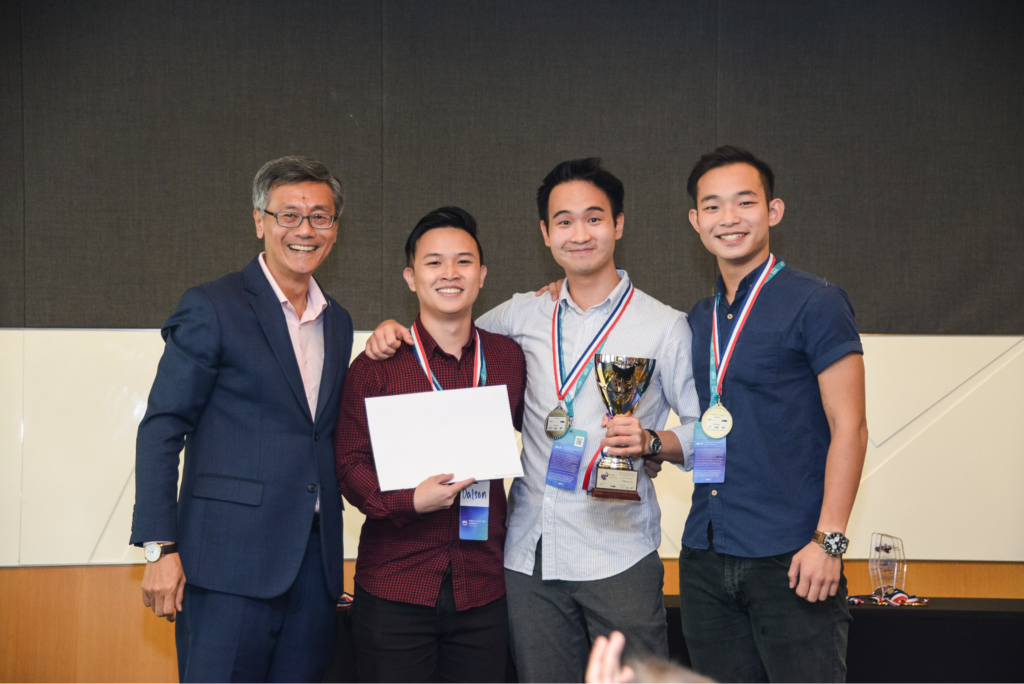
Winning Hackathons, and receiving awards from NUS President, Professor Tan Eng Chye. Bringing the ReSieve and NUS partnership to the next stage as they received mentorship and grants from NUS.
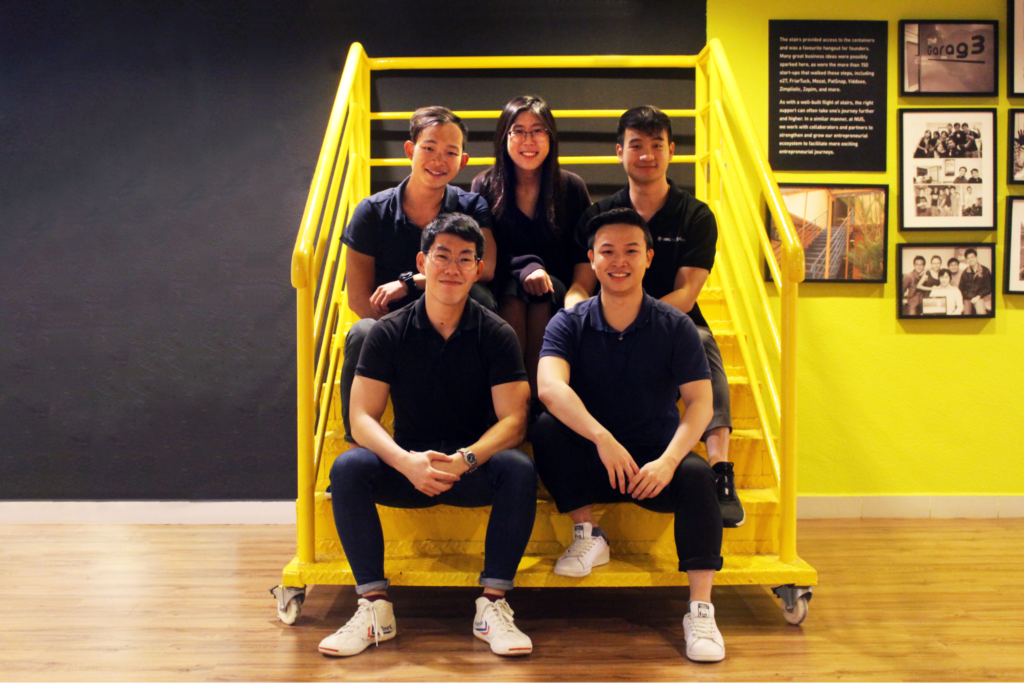
ReSieve featured on NOC’s newsletter. Top row left to right: Henry Neo Kang Wei, Jocelyn Tan Hui Lin, Ethan Ng Hao Yuan. Bottom row left to right: Pereira Yip Ding Xian, Dalson Tan Wei Shin.
Empowering next generation innovation
At its core, ReSieve aims to empower the next generation of innovation. This ties in with the common pain point faced by Kang Wei and his peers and much of the startup community — despite research and development being an integral part of innovation, there lacks a clear pathway to conduct research studies or communicate with potential customers in order to validate one’s idea.
“R&D requires a really robust research strategy, a lot of market validation and an easy channel to speak to potential customers. And speed is important, right? If you don’t have that, it can kill you. I have been in some startups that took a really long time to get their feet off the ground because of the lack of these kinds of tools (that allowed for efficient market validation and R&D).”
To empower the future innovative solutions, ReSieve thus aims to be a platform that provides an easy way for market research so that entrepreneurs can validate their ideas and further their innovation.
With solutions that specifically target key members of the research industry, namely participants and researchers, ReSieve employs a three-step process for each of their solutions.
Participants:
- Create an account: In order to get access to research studies available, participants create an account with their particulars (age, height, weight, blood type, race etc). This basic information allows ReSieve to create a profile of who they are.
- Matching algorithm processes eligible studies: Internally, ReSieve has a matching algorithm that evaluates and sifts through research projects, only presenting the ones that are eligible to each participant based on their profile.
- Participants pick and choose based on eligible studies presented to them: With the matching algorithm, participants can only view and select from a list of eligible research studies as opposed to traditional methods of combing through emails or Telegram groups finding opportunities that might not even fit the bill. Then, they simply pick those they want to sign up for.
Researcher:
- Listing: While participants have to key in specific particulars to get access to research studies, researchers have to create a listing on what their project is about and their intended target demographic.
- Matching algorithm processes eligible participants: ReSieve’s internal matching algorithm will notify relevant demographics about a researcher’s study, saving plenty of time for researchers while allowing for a more targeted participant group. Inefficient methods of recruiting participants such as blasting on WhatsApp or Telegram groups can now be avoided with the added upside of data privacy, which otherwise would be a risk to researchers should competitors have information on projects they are working on.
- Participant Management System: Similar to a customer relationship management (CRM) tool, ReSieve provides a Participant Management System to help researchers schedule and plan their studies.
ReSieve’s battle with Covid-19
As cliche as it is, building a start-up is never easy and Covid-19 has only exacerbated the difficulty of this task for Kang Wei and his team. As Covid-19 ensued, many companies had to pause their market research efforts. This made securing researchers a tall order for ReSieve as it became increasingly difficult to source for people who are still engaging in research projects. On the flip side of the same coin, securing participants was a slightly easier task, Kang Wei explains.
Previously we were focused more on face to face, interactive kind of research but now we have to do a slight pivot to online research projects… Because of Covid, a lot of participants want flexible ways to earn money (since) they don’t get internships or jobs. So that side of our marketplace was easier to secure.
Despite ReSieve’s infancy, they are putting up a good fight in the face of a formidable foe, Covid-19, by pivoting, accommodating to new formats and aggressively reaching out to clients. Kang Wei notes that since ReSieve was founded during the onset of the pandemic, the company has never experienced operating in a time when Covid-19 did not exist and has high hopes on the prospects of securing more researchers and participants alike.
Because ReSieve was founded during Covid-19, we had to learn to live with it either way. We do know that there would likely be more studies during a period without Covid, but we can’t just keep banking on Covid to end and things to go back to normal before starting, we have to adapt.

End of a productive and long day, one of ReSieve’s many sprints
Future Plans
Currently, ReSieve’s founding team of five has their individual full-time commitments. With a competent and tight knit team, the hardship that came from juggling between scaling a start-up and fulfilling 9-5 duties were alleviated.
While every start-up’s journey might not have been rainbows and sunshines, their dreams of running a successful start-up and exploring new ventures remains strong till this day.






